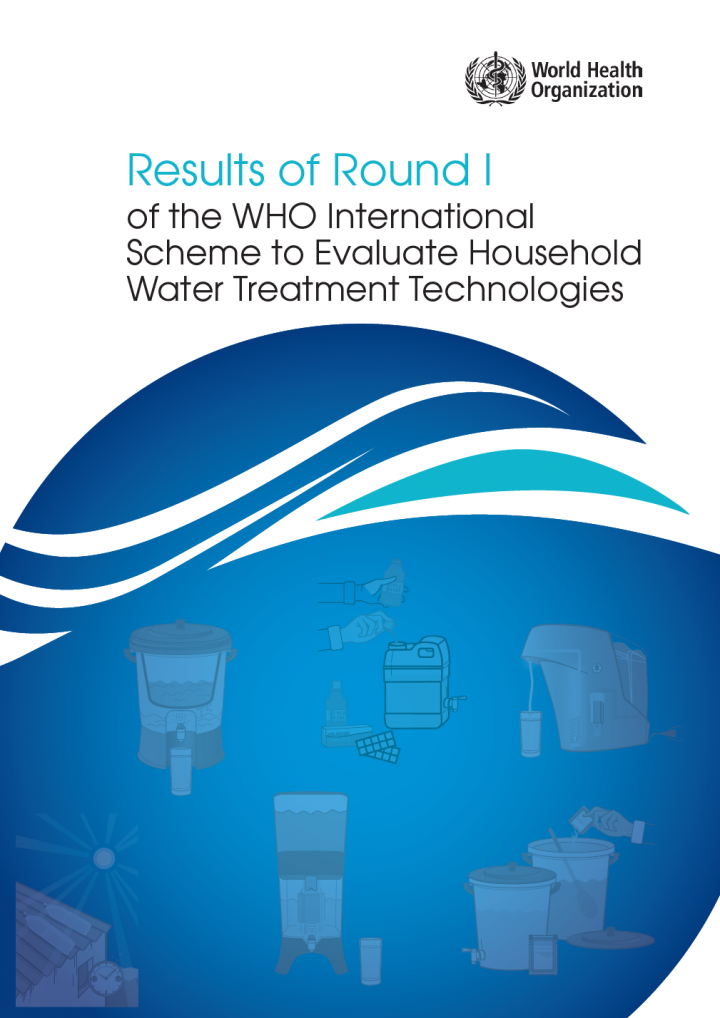Results of Round I of the WHO International Scheme to Evaluate Household Water Treatment Technologies WHO (2016)
Globally, an estimated 1.9 billion people use either an unimproved water source or an improved source that is faecally-contaminated. Furthermore, 502,000 diarrhoeal deaths in low- and middle-income countries can be attributed to insufficient and unsafe drinking-water (WHO, 2014a). The vast majority of these deaths occur in Africa and South-East Asia, mainly among vulnerable populations, including young children, the malnourished and people living with the human immunodeficiency virus.
The 2030 Sustainable Development Agenda agreed by United Nations (UN) Member States in 2015 calls for universal access to safe drinking water, and the proposed indicator of ‘safely managed drinking-water services’ will require direct measurement of drinking-water quality (WHO/UNICEF, 2015a). Improved protection and management of drinking-water supplies, including at the household level, will therefore gain increasing importance for achieving the new Sustainable Development Goal targets. Long-term, this can be achieved through increased use of risk management approaches like Water Safety Planning, but in the short and medium term household water treatment (HWT) and safe storage can play an important role.
Bibliographic information
WHO (2016). Results of Round I of the WHO International Scheme to Evaluate Household Water Treatment Technologies WHO
Filter / Tags
Decentralised wastewater treatment (e.g. DEWATS)Politicians and local decision makersPractitionersFactsheets and policy briefsCase studies in other formatsEnglishWater (irrigation, process, other)
Downloads
Results of Round I of the WHO International Scheme to Evaluate Household Water Treatment Technologies
Type: application/pdf
Size: 4.21 MB

